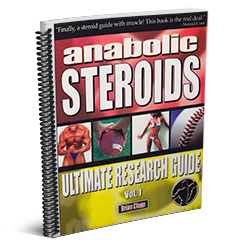
Originally Posted by
NewJuice
Trying to get real lean I find myself eating plenty of tuna mabey 2 much... I opt for the 2.5 portion pouches, the major draw back is the 280mg of sodium per portion. Im also concerned about the mercury... Im eating about 5 to 7 portions per day. I also eat salmon every other day or so. My question whats the maxium amount I should eat. I know the sodium is high just wondering how low I should be shooting for? Is the mercury something I really need to worry about or is that for the non chemically enhanced...lol???





 Reply With Quote
Reply With Quote

